A hangover is an alcohol-induced headache that can ruin an otherwise great night and make you swear off drinks for good. Luckily, there are a few tricks you can use to prevent one from ever happening in the first place. Read this wikiHow article to learn reliable and effective ways to avoid getting a hangover.

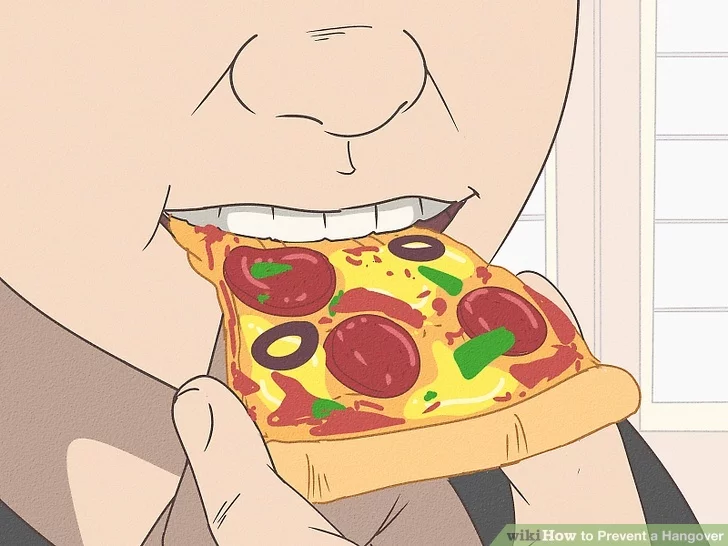
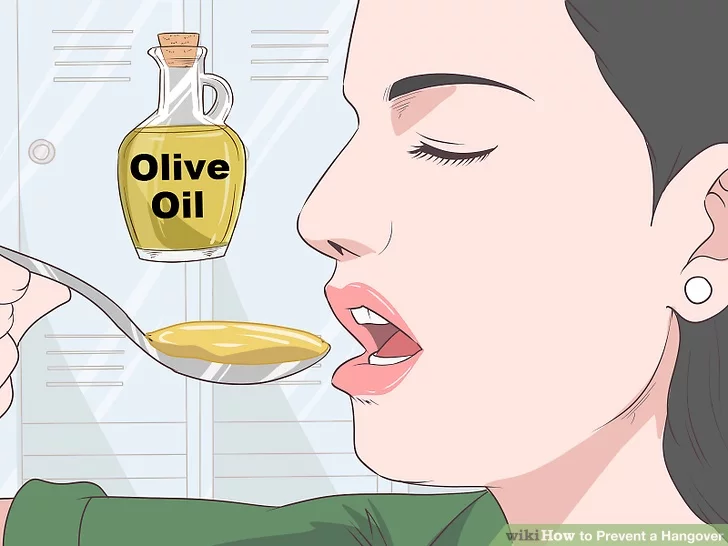
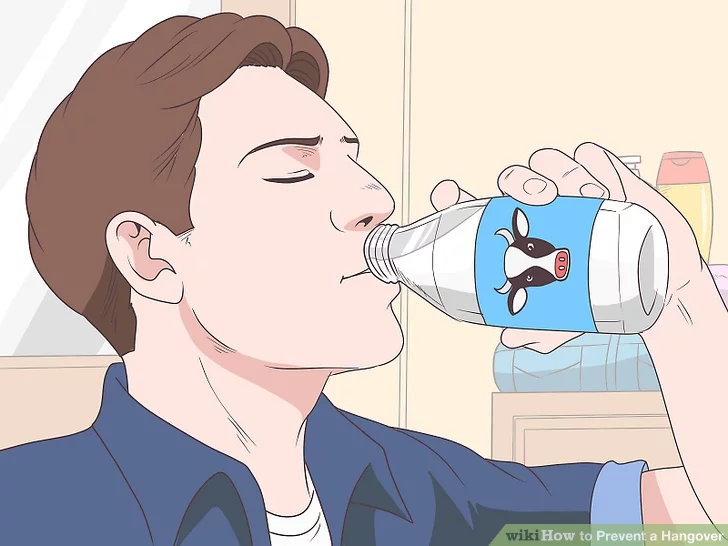
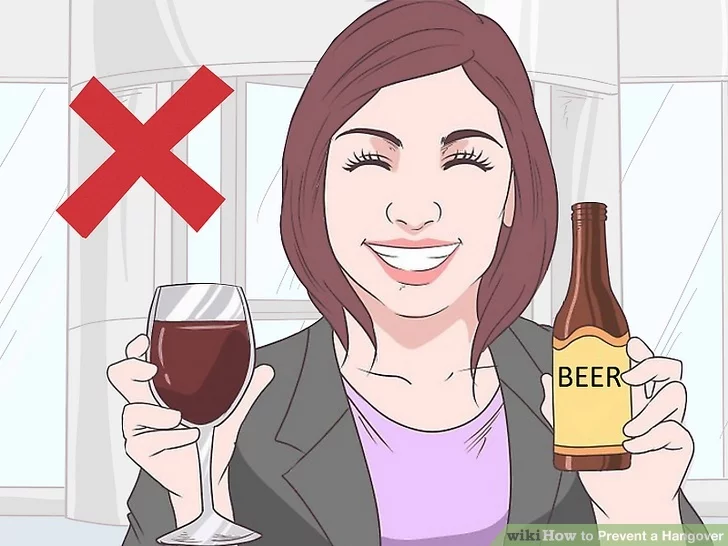
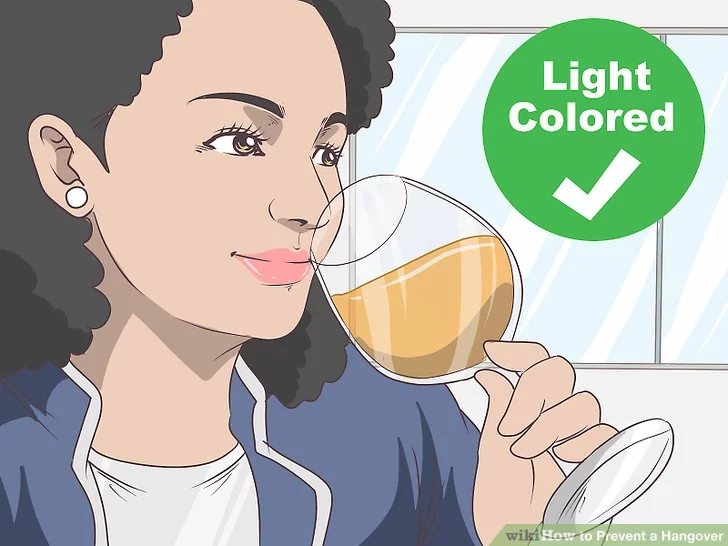
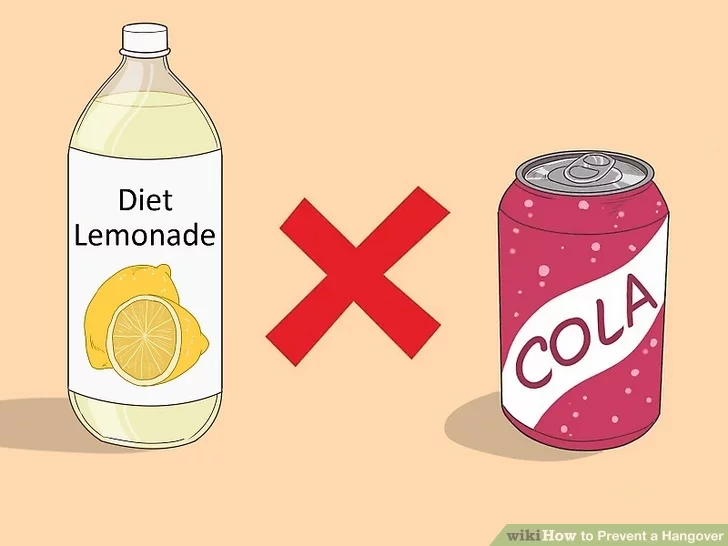
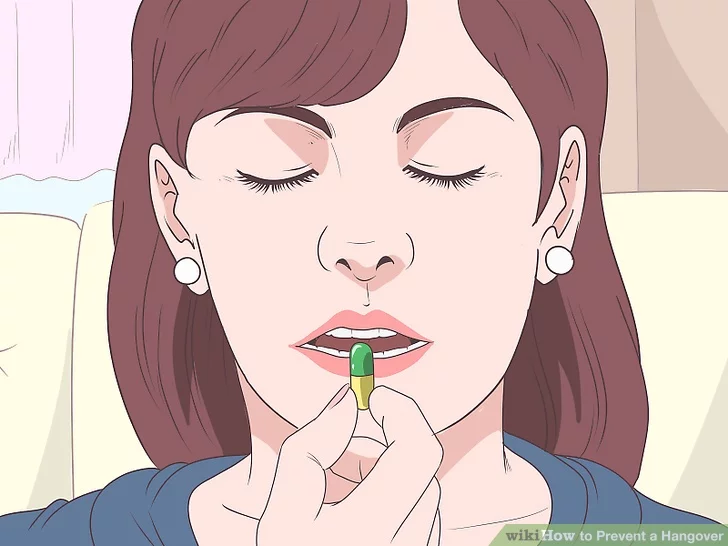
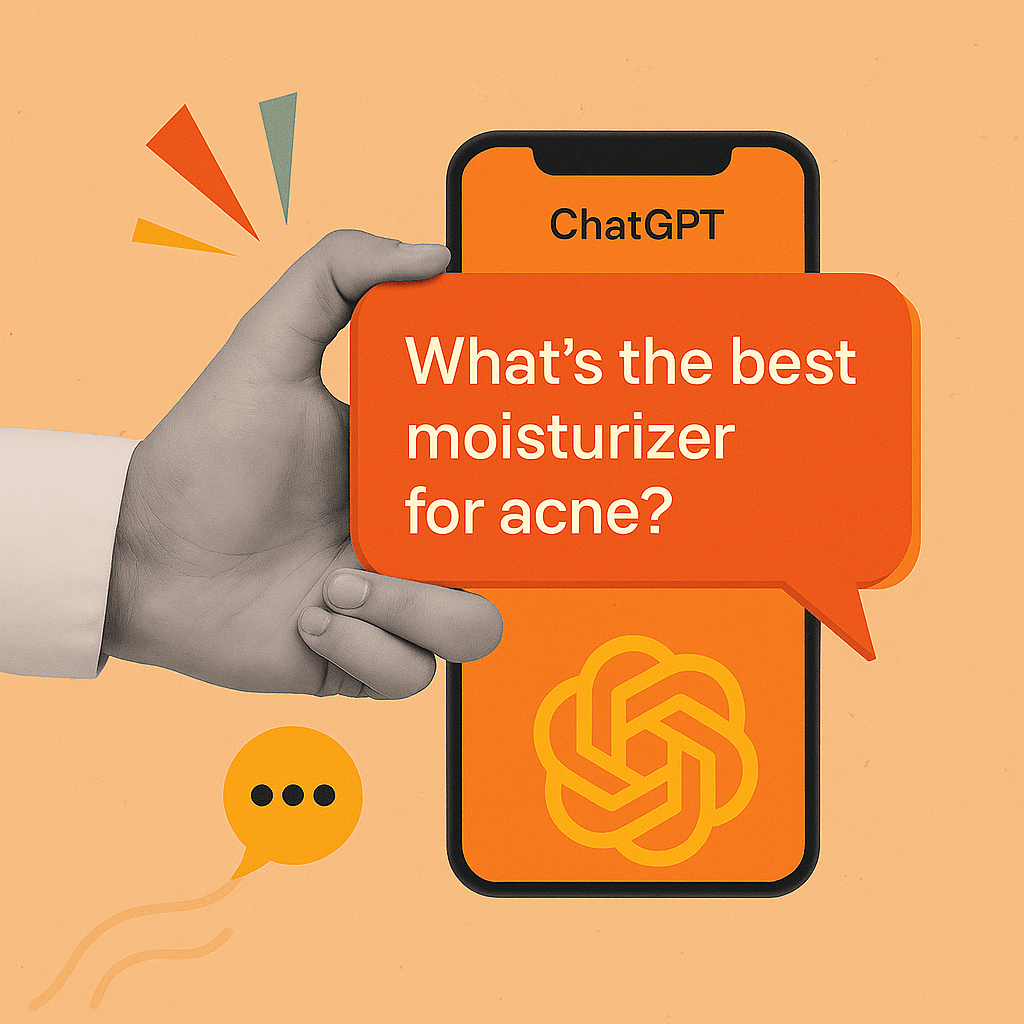
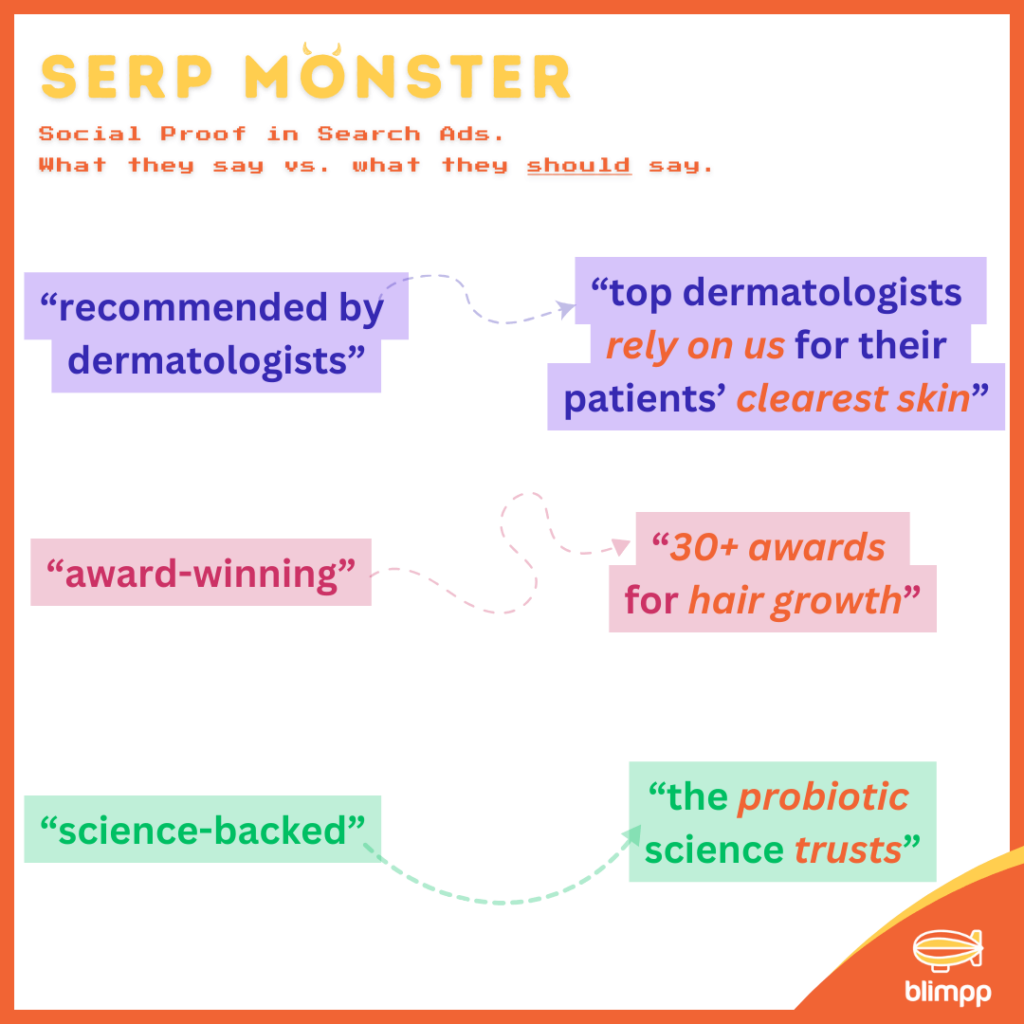
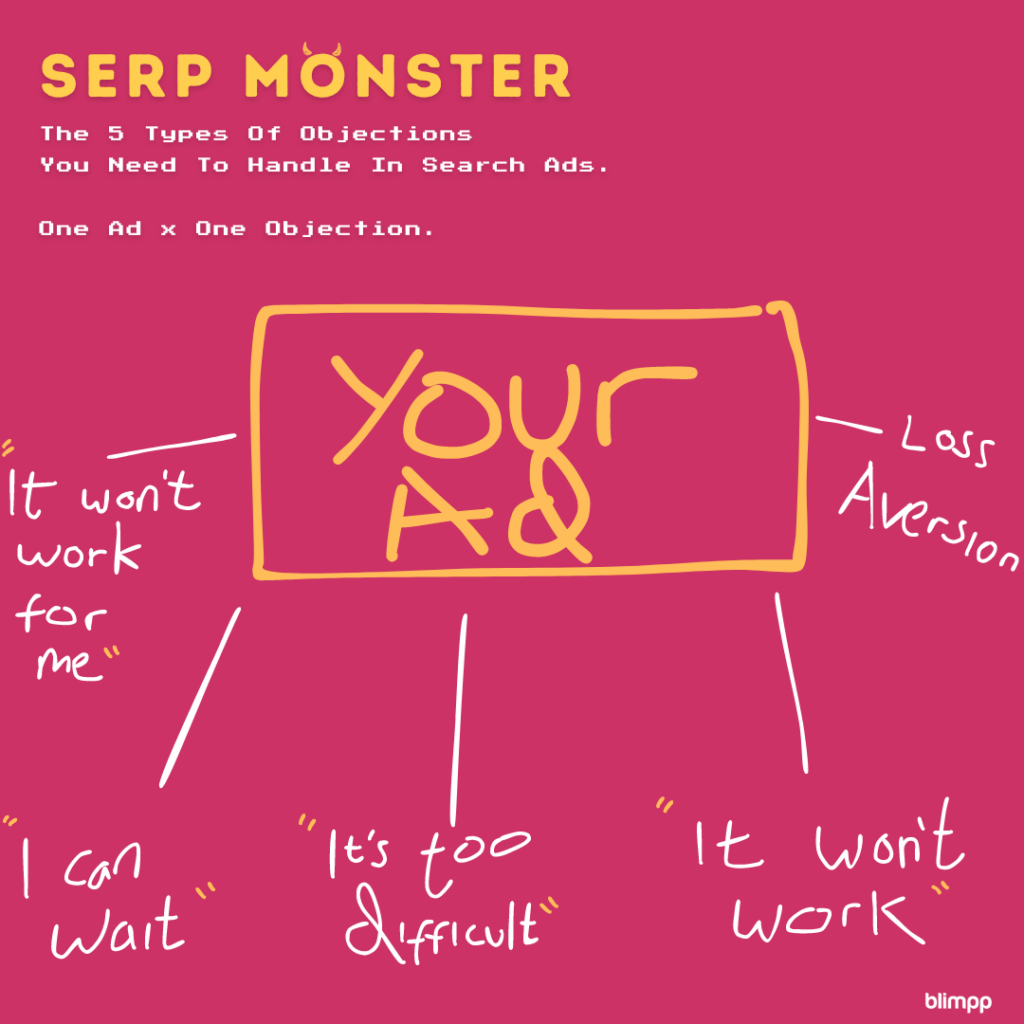
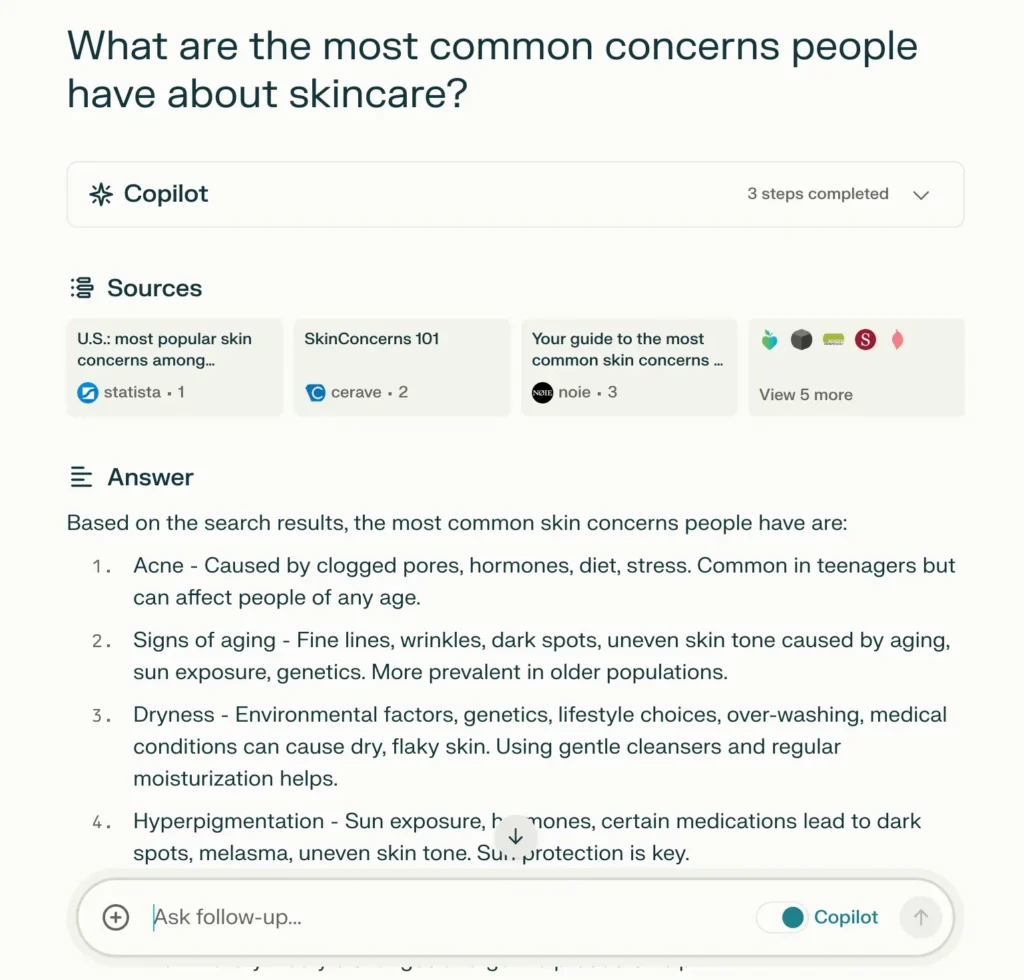

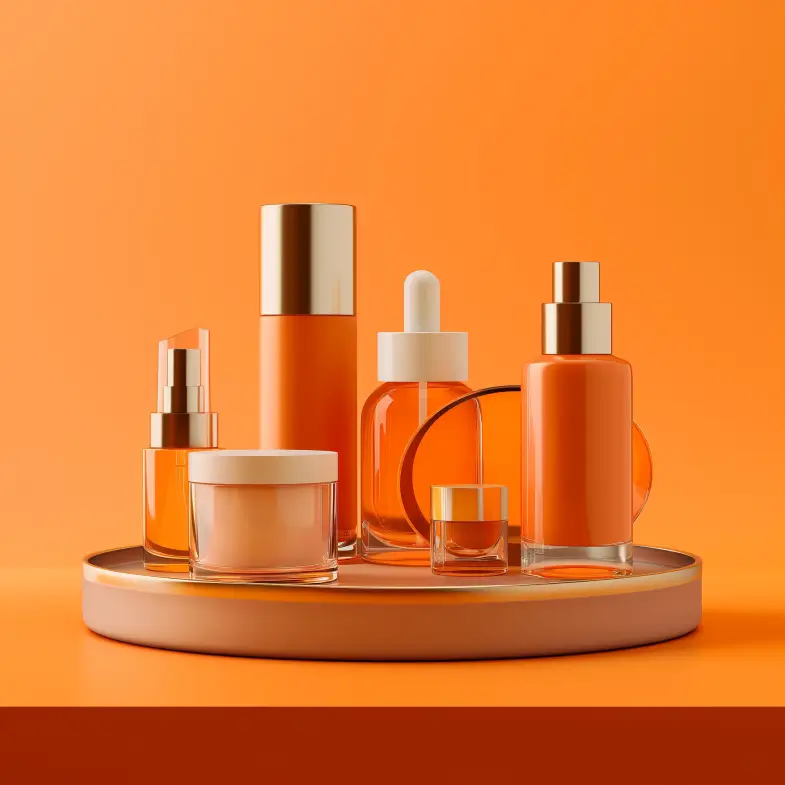



8 Responses
123
456
test
Great question! I have no idea.
Should I drink less?
Probably!
hi
hi